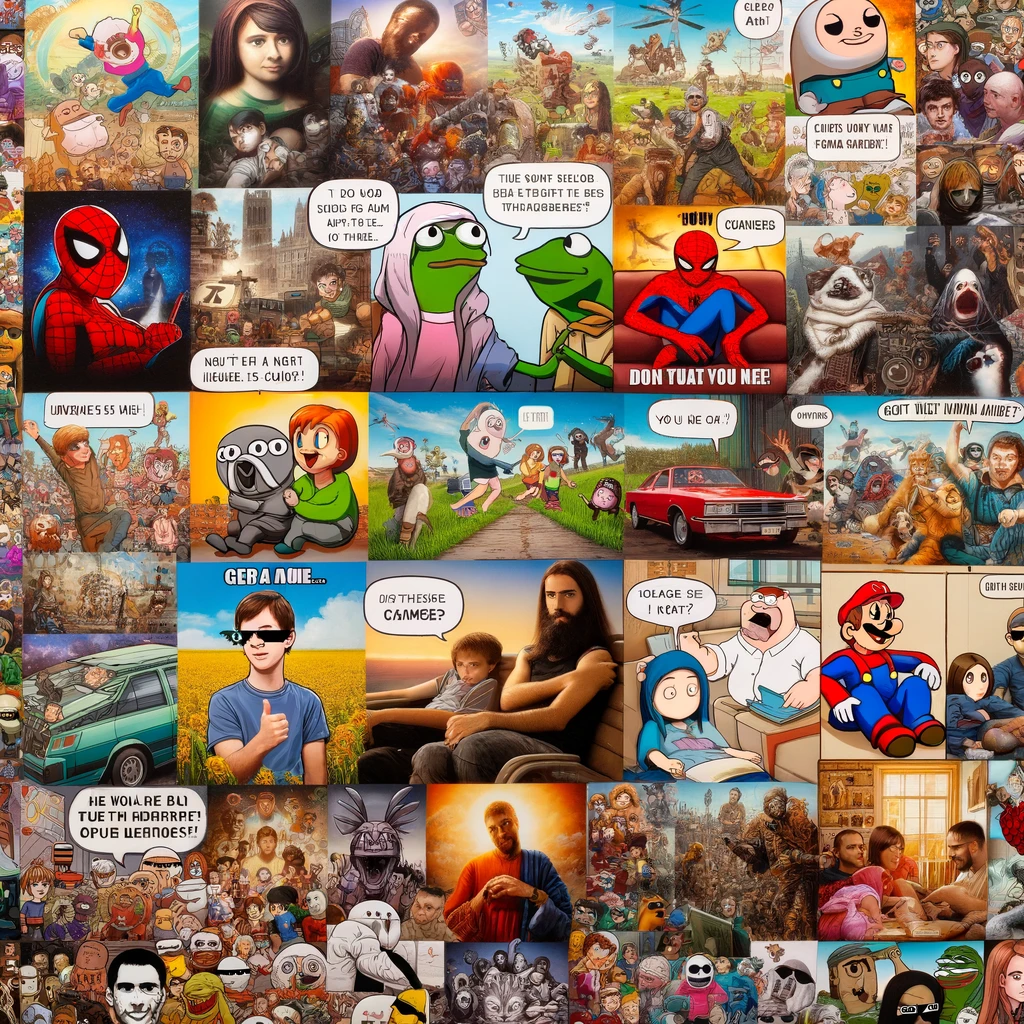People from different regions often have distinct cultures, customs, and sensitivities. When interacting with people from up north, it’s essential to be mindful of phrases that might come across as ignorant or offensive. Whether you’re traveling, relocating, or simply engaging in conversation, avoiding specific phrases can help foster better communication and understanding. Here are 12 phrases you should never use with people from up north.
1. “How Do You Survive the Winters?”
Asking how people survive the winters up north can come across as condescending. Many residents have adapted to the cold weather and have developed ways to enjoy and thrive during the winter months. This question implies that their way of life is harsh or abnormal. Instead, express curiosity about their winter activities and lifestyle without framing it as a survival challenge.
2. “Is It Always Cold Up There?”
While the north is known for its cold winters, it also experiences a variety of weather conditions throughout the year. Summers can be warm, and the region enjoys all four seasons. Asking if it’s always cold diminishes the diversity of the climate and can come off as uninformed. Recognizing the full range of weather patterns shows a more nuanced understanding of the area.
3. “You Must Love Maple Syrup”
Although maple syrup is a popular product in some northern regions, assuming everyone from up north is obsessed with it is a cliché. This phrase can reduce people to a stereotype based on a regional product. Appreciating local foods is great, but it’s essential to acknowledge that people’s tastes and interests are diverse. Avoiding such generalizations helps prevent oversimplifying a culture.
4. “Why Do You Have That Accent?”
Commenting on someone’s accent can make them feel self-conscious or judged. Accents are a natural part of linguistic diversity and reflect regional heritage. Asking why someone has an accent can imply that it is unusual or incorrect. Instead, appreciate the variety of accents and recognize them as part of what makes conversations interesting.
5. “Do You Know Everyone in Your Town?”
Small towns may have tight-knit communities, but assuming everyone knows each other is an overgeneralization. Northern regions, like any other, have varying population sizes and degrees of social connectedness. Asking this question can come off as trivializing the complexity of social networks. Acknowledging that communities vary widely in size and interaction can lead to more respectful conversations.
6. “Are You Used to Living in the Middle of Nowhere?”
Labeling northern regions as “the middle of nowhere” dismisses the vibrant communities and cultures that exist there. This phrase can be offensive as it implies that northern areas are isolated or insignificant. Many northern regions have rich histories, bustling towns, and a strong sense of community. Recognizing the value and uniqueness of these areas fosters a more respectful dialogue.
7. “You Must Be Really Hardy to Live Up There”
While resilience is a valued trait, assuming that all northern residents are exceptionally hardy can be reductive. People live in northern regions for various reasons, not just because of their ability to withstand harsh conditions. This phrase can overlook the everyday normalcy of life in the north. Appreciating the adaptability and strengths of northern residents without stereotyping them is key.
8. “Isn’t It Always Dark There?”
Northern regions do experience unique daylight patterns, including long winter nights and extended summer days. However, assuming that it is always dark oversimplifies these natural phenomena. Understanding the specifics of how daylight varies can lead to more informed and respectful questions. Recognizing the beauty and challenges of these daylight patterns shows a deeper appreciation for the region.
9. “Do You Get Around by Dogsled?”
It is true that dog sledding is part of the cultural heritage of some areas, and some people participate in it recreationally. However, that doesn’t make this a wise question to ask. While potentially meant as a joke, asking people from up north if they use dogsleds as transportation likely won’t win you any fans. It plays into an outdated stereotype and aligns with an overly simplistic view of northern life.
10. “Isn’t There Nothing to Do Up There?”
Northern regions offer a variety of recreational and cultural activities, from outdoor sports to festivals and arts. Assuming that there is “nothing to do” diminishes the rich array of experiences available. This phrase can come across as dismissive and uninformed. Learning about and acknowledging the local attractions and activities shows respect for the region’s offerings.
11. “You Must See the Northern Lights All the Time”
While the northern lights are a spectacular phenomenon, they are not visible every night. Weather conditions, light pollution, and geographical location all affect visibility. Assuming that people from up north constantly see the aurora borealis can oversimplify their experiences. Appreciating the rarity and beauty of the northern lights without assuming their constant presence shows a more nuanced understanding.
12. “Isn’t It All Just Wilderness?”
While northern regions do have vast natural landscapes, they also include developed cities, towns, and communities. Assuming that the north is only wilderness overlooks the complexities and advancements present in these areas. This phrase can be dismissive of the progress and modernization that northern regions have achieved. Recognizing both the natural beauty and urban development paints a more complete picture.
Say “No” to These Phrases When Talking to People from Up North!
Engaging in respectful and informed conversations with people from up north involves avoiding stereotypes and assumptions. By steering clear of these phrases, you can foster more meaningful interactions and show genuine interest in the region’s culture and diversity. Remember, appreciating the nuances of different areas leads to better understanding and respect for all.
Read More:
16 Old-Timey Phrases and Sayings That Would Sound Absurd to Gen Z Ears
15 Phrases That Give Away a Man’s Insecurities
Catherine is a tech-savvy writer who has focused on the personal finance space for more than eight years. She has a Bachelor’s in Information Technology and enjoys showcasing how tech can simplify everyday personal finance tasks like budgeting, spending tracking, and planning for the future. Additionally, she’s explored the ins and outs of the world of side hustles and loves to share what she’s learned along the way. When she’s not working, you can find her relaxing at home in the Pacific Northwest with her two cats or enjoying a cup of coffee at her neighborhood cafe.




































